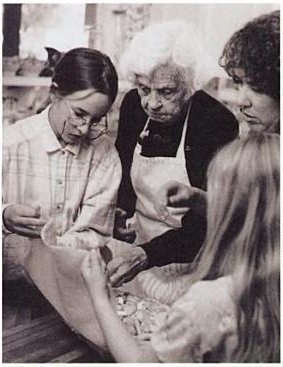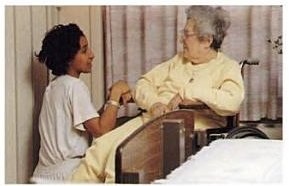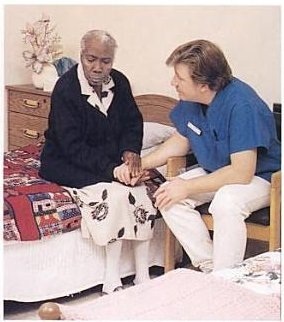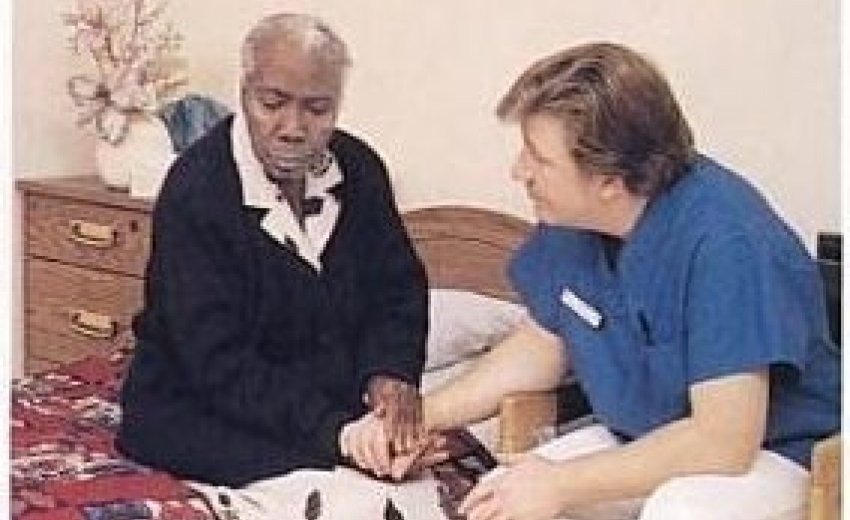 |
| Cultural expectation and traditions are shared through formal and informal activities. |
Nearly half of U.S. physicians say language or other cultural barriers are obstacles to providing high-quality patient care, according to a study released by the Center for Studying Health System Change.
Forty-eight percent of all physicians in 2008 reported difficulties communicating with patients because of language or cultural barriers, and said they considered the situation at least a minor problem affecting their ability to provide high-quality care.
Less than 5%, however, viewed those barriers as a major problem that could result in a disparity of care across ethnic and racial populations, the study reported. Efforts to overcome the obstacles were considered modest or uneven.
The study, HSC Issue Brief–Modest and Uneven: Physician Efforts to Reduce Racial and Ethnic Disparities shows there is a great need to address the problem of language and cultural communication as the U.S. becomes more diversified, says James D. Reschovsky, PhD, senior health researcher for the Center for Studying Health System Change and co-author of the study. The study, sponsored by the Robert Wood Johnson Foundation, includes responses from more than 4,700 physicians and the response rate was 62%.
 |
| A nurse communicating with an elderly client |
"The challenges physicians face in providing quality health-care to all of their patients will keep mounting as the U.S. population continues to diversify and the minority population grows," according to the study.
Efforts to reduce the language and cultural disparities face cost and reimbursement issues. "The tools most commonly adopted tend to be the least expensive to implement," the study said. "On the other hand, IT systems that can support reporting on patient care by race, ethnicity or language, as well as interpreter services, are expensive and less common."
Physicians may overstate their own ability in handling foreign languages. Physician interaction may involve a foreign language spoken by the patient, but the level of understanding on the part of the doctor may not be enough to carry out high-quality patient care, says Reschovsky.
"If a clinician is using high school Spanish to interpret for his Latino patients, it may not provide the level of communication you want in a clinical encounter," Reschovsky says. "There are also lots of patients who don't have an interpreter. Occasionally interpretation is provided by a family member and that is not necessarily the most optimum arrangement."
 |
| Providing culturally sensitive care |
Mai Pham, MD, who works in Bread for the City, a Washington, DC-based clinic, says many physicians and patients face difficulties in overcoming language and cultural barriers, but often these problems aren't articulated—or can't be properly communicated. "Many patients are already feeling vulnerable because they have less information, less expertise, and less control. People can become afraid and insecure, " says Pham, who is also a senior health researcher at the Center for Studying Health Systems Change.
Healthcare providers have legal obligations to provide needed interpreter services, at least for patients with public insurance. However, physicians in solo and group practices were less likely to adopt measures to address disparities than those in institutional practices, such as hospitals, health insurers, and medical schools, according to the study.
Joe Cantlupe is a senior editor with HealthLeaders Media Online. He can be reached at [email protected].
